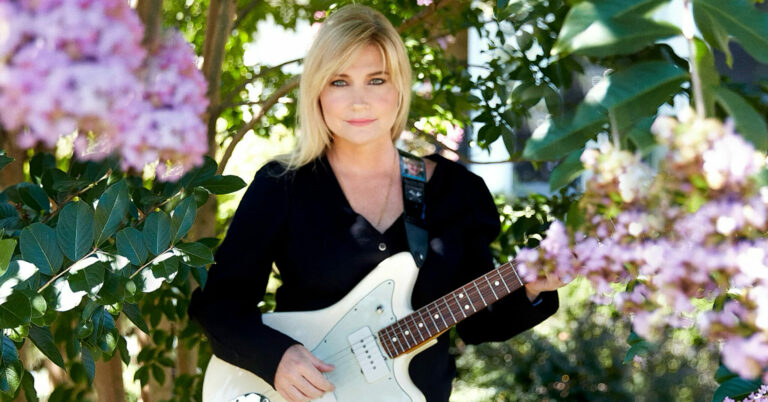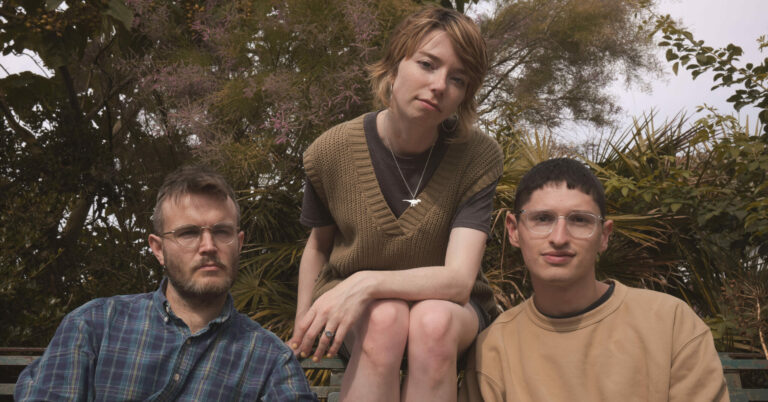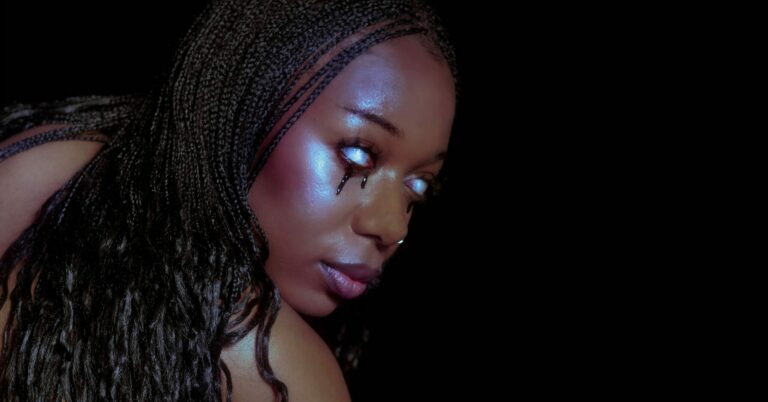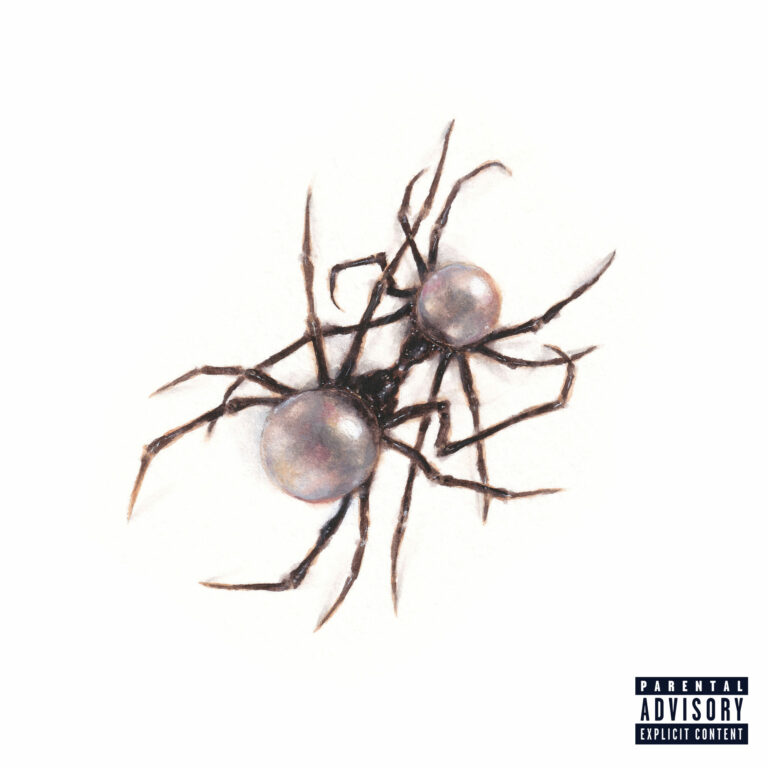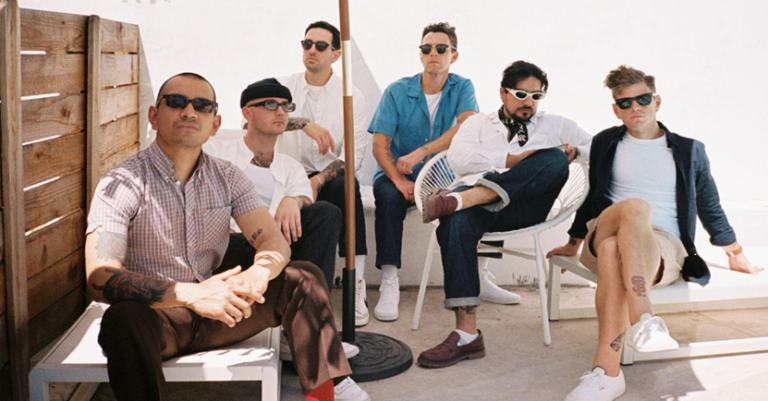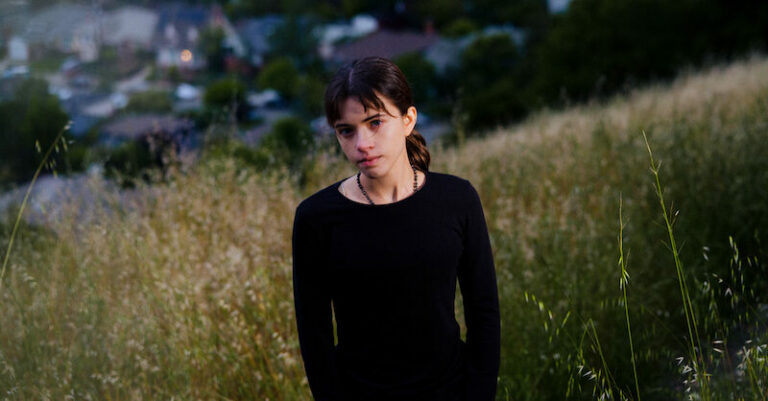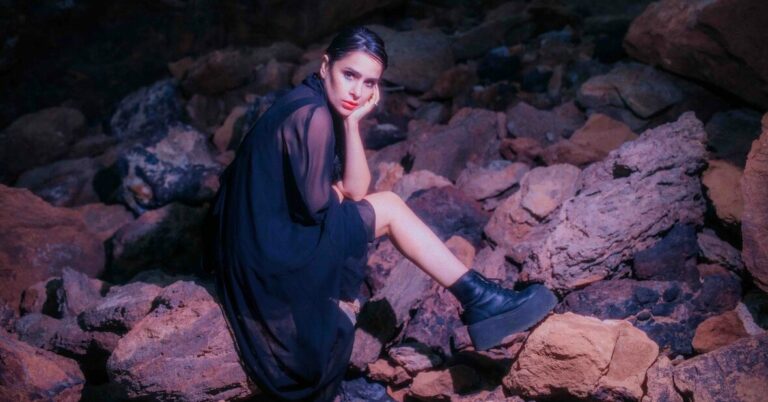Student life can be demanding, with lectures, exams and assignments dominating each day of college life. But every student knows that finding a balance between work and play is essential for maintaining mental well-being and making the most of the college experience. Don’t hesitate to use some help in completing your paperwork. But how can you know which services you can trust? Check this on https://scamfighter.net/review/academized.com and see the reviews on different services you definitely can’t trust, like academized review.
When you find the right one for you and your work is done, you can finally devote time to more interesting things.
Here we explore some popular games among students that provide entertainment, relaxation, and a way to build connections among peers.
Video Games
Students have long turned to video games as a source of relaxation and entertainment, from engaging in epic adventures to competing in online multiplayer battles or solving intricate puzzles. Popular titles like “Fortnite”, “League of Legends”, and “Among Us” have quickly captured students worldwide with hours of entertainment as well as opportunities to connect with peers worldwide.
Board Games
Though digital gaming has grown increasingly popular among students, traditional board games remain popular choices among them. Such classics as “Settlers of Catan”, “Cards Against Humanity”, and “Risk” provide students with a chance to relax with friends while engaging in competitive play against each other in friendly competition. Board game nights have become cherished family traditions across many student households that foster camaraderie and laughter.
Card Games
Card games hold a special place in student culture. From high-stakes poker, strategic rounds of Magic: The Gathering, or casual “Uno”, card games offer students a great way to socialize and unwind while engaging in stimulating brain teasers! Card games require strategic thinking and quick decision-making abilities, which makes for mentally stimulating leisure activities that students may find both stimulating and relaxing.
Sports and Outdoor Games
Sports and outdoor games are popular choices among students who appreciate physical activity. Activities like basketball, soccer, ultimate frisbee, and even capture the flag can provide students with an excellent way to stay active, reduce stress and build lasting friendships through team sports, and recreational activities.
Multiplayer Online Games
Students of all ages are drawn into virtual realms through online multiplayer games like “World of Warcraft”, “Counter-Strike”: Global Offensive”, and “Overwatch”, where they can team up with friends or challenge rivals worldwide. Games such as these provide ample opportunity for both cooperative play and friendly competition – providing students with a compelling educational experience!
Virtual Reality Games
Latest tech for students is virtual reality (VR) gaming, offering immersive digital worlds where students can become fully immersed and interactive with them. From exploring fantastical realms to solving puzzles in three-dimensional spaces or experiencing heart-pounding action sequences, VR games have captured students’ attention like never before.
VR gaming not only provides entertainment but can be an excellent form of exercise as well as offer unique social interactions.
Puzzle Games
Puzzle games offer students an excellent mental workout to strengthen their cognitive skills. Classic Sudoku and crossword puzzles such as Sudoku can help develop problem-solving and critical thinking capabilities while providing hours of intellectually stimulating playback! Many students find puzzle-solving to be both relaxing and intellectually engaging pastime.
Social Deduction Games
Social deduction games such as “Mafia” and “Werewolf” are popular choices for large gatherings or parties, testing players’ ability to read others, strategize effectively and make persuasive arguments. Social deduction games provide students with an enjoyable way to socialize while engaging in some friendly competition.
Students understand the significance of finding balance between academic responsibilities and leisure activities, such as student games. Popular student games provide an avenue of relaxation, socialization, and mental stimulation – whether through video games, board games, card games, sports mobile apps, or tabletop RPGs – that create lasting memories among their players and lead to an enriching college experience overall.
